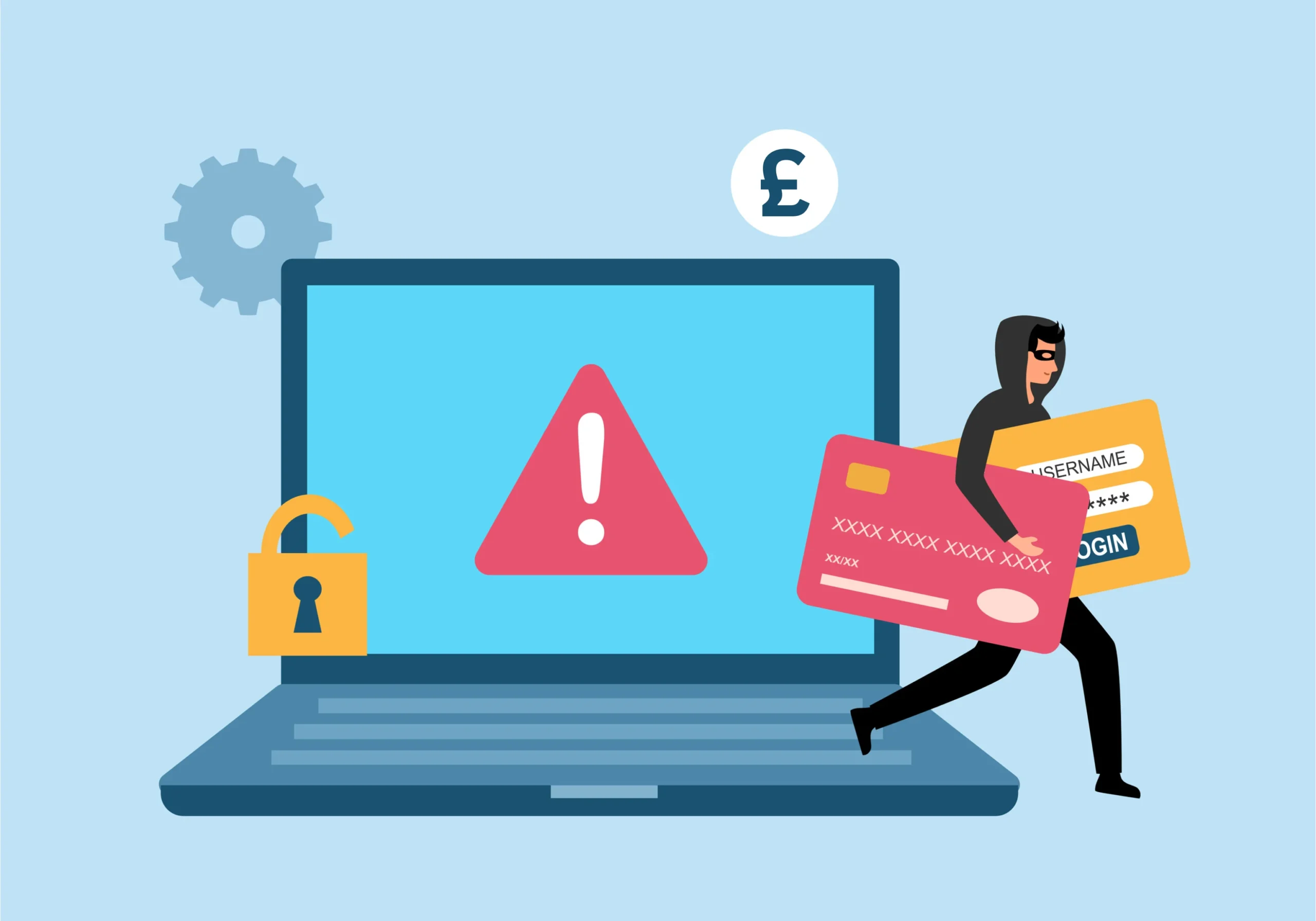The world of education has changed dramatically over the past decade. Today, you don’t have to be physically present in a classroom to earn a degree or learn new skills. Thanks to digital advancements, students now have two major options: online learning and in-person (traditional) education.
But with both formats having their own strengths, the big question remains: Which is better for you?
The honest answer? It depends on your personal situation—your lifestyle, goals, and how you learn best. Let’s break down both formats to help you make an informed choice.
What Is Online Learning?

Online learning means studying through the internet, typically via university platforms, video conferencing tools like Zoom, or learning management systems like Canvas or Moodle. Live (real-time) or self-paced (pre-recorded) classes are also possible.
✅ Advantages of Online Education:
- Flexibility: Learn when and where it works best for you—even from your couch.
- Perfect for Busy Lives: Great for full-time workers, parents, or those juggling multiple responsibilities.
- Access to More Choices: You can attend classes from top institutions without relocating.
- Pace Yourself: Many courses let you move at your own speed, which is ideal for independent learners.
❌ Challenges of Online Learning:
- Limited Human Interaction: You may miss the social aspect of classroom learning.
- Distractions at Home: It can be hard to focus without structure.
- Tech Dependence: A good internet connection and device are a must.
- Hands-On Subjects: Fields like medicine, engineering, or lab sciences can be tough to learn fully online.
What Is In-Person Education?
Traditional, or on-campus education, involves attending classes at a school or university in person. It’s what most people are familiar with and remains the standard in many parts of the world.
✅ Benefits of In-Person Learning:
- Routine and Structure: Scheduled classes and a physical environment often help students stay focused.
- Live Support: Ask questions, get help instantly, and interact face-to-face.
- Social Connection: Make friends, join clubs, and be part of a campus community.
- Practical Experience: Ideal for subjects requiring lab work, field training, or studio time.
❌ Drawbacks of Traditional Education:
- Less Flexible: You have to stick to a fixed schedule, which may clash with other commitments.
- Time and Travel: Commuting or relocating can be costly and time-consuming.
- Higher Expenses: Tuition, housing, meals, and campus fees can add up quickly.
Quick Comparison Table
| Feature | Online Learning | In-Person Learning |
| Flexibility | High | Low |
| Interaction | Limited (mostly virtual) | High (face-to-face) |
| Cost | Usually lower | Generally higher |
| Pacing | Often self-paced | Instructor-paced |
| Access | Available worldwide | Tied to location |
| Hands-on Learning | Limited | Strong for practical fields |
What Do Students Actually Prefer?
Preferences really come down to the individual. Some students enjoy the freedom and independence of online classes, while others thrive in a structured, social environment. And for many, the ideal solution is a hybrid or blended model—combining online convenience with occasional in-person engagement.
How to Decide What Works Best for You
Before choosing, ask yourself a few important questions:
- Do I stay motivated when learning alone?
- Am I someone who needs face-to-face interaction to stay engaged?
- Do I have a job, family, or responsibilities that limit my time?
- Does my field of study require hands-on practice?
Your answers will help steer you toward the format that better matches your needs.
✅ Final Thoughts
There’s no universal answer to whether online or in-person education is “better.” Each has its advantages—and potential downsides. What really matters is how well the format aligns with your learning style, daily routine, and future goals.
So, whether you’re sitting in a classroom or learning from your laptop at a café, what matters most is that you’re learning in a way that works for you.
Explore More:
- [Tips for Excelling in Online Classes]
- [Blended Learning: The Best of Both Worlds?]
- [How to Pick a Trusted Online Degree Program]










